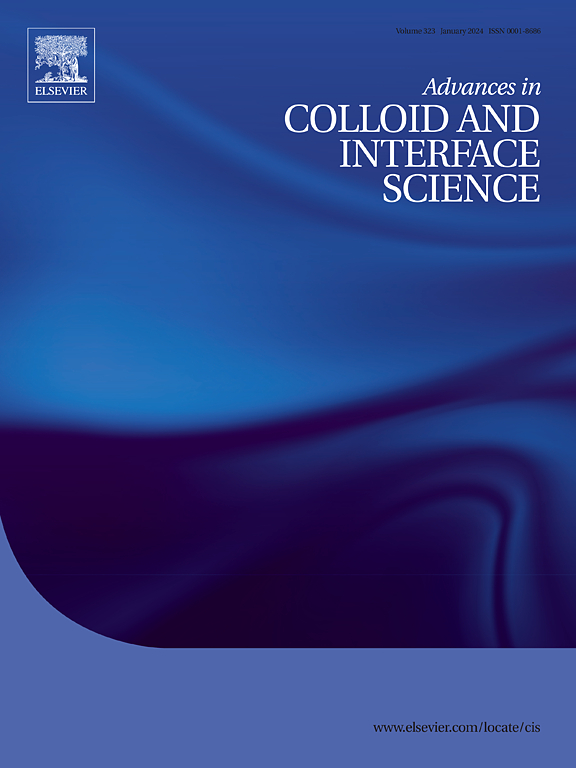Comprehensive strategies for constructing efficient CRISPR/Cas based cancer therapy: Target gene selection, sgRNA optimization, delivery methods and evaluation
IF 15.9
1区 化学
Q1 CHEMISTRY, PHYSICAL
引用次数: 0
Abstract
Cancer is a complicated disease that results from the interplay between specific changes in cellular genetics and diverse microenvironments. The application of high-performance and customizable clustered regularly interspaced palindromic repeats/associated protein (CRISPR/Cas) nuclease systems has significantly enhanced genome editing for accurate cancer modeling and facilitated simultaneous genetic modification for cancer therapy and mutation identification. Achieving an effective CRISPR/Cas platform for cancer treatment depends on the identification, selection, and optimization of specific mutated genes in targeted cancer tissues. However, overcoming the off-target effects, specificity, and immunogenicity are additional challenges that must be addressed while developing a gene editing system for cancer therapy. From this perspective, we briefly covered the pipeline of CRISPR/Cas cancer therapy, identified target genes to optimize gRNAs and sgRNAs, and explored alternative delivery modalities, including viral, non-viral, and extracellular vesicles. In addition, the list of patents and current clinical trials related to this unique cancer therapy method is discussed. In summary, we have discussed comprehensive start-to-end pipeline strategies for CRISPR/Cas development to advance the precision, effectiveness, and safety of clinical applications for cancer therapy.

构建基于CRISPR/Cas的高效癌症治疗的综合策略:靶基因选择、sgRNA优化、递送方法和评估
癌症是一种复杂的疾病,是细胞遗传的特定变化和多种微环境相互作用的结果。高性能和可定制的聚类规则间隔回文重复/相关蛋白(CRISPR/Cas)核酸酶系统的应用显著增强了精确癌症建模的基因组编辑,并促进了癌症治疗和突变鉴定的同步遗传修饰。实现有效的CRISPR/Cas平台用于癌症治疗依赖于靶向癌症组织中特异性突变基因的鉴定、选择和优化。然而,在开发用于癌症治疗的基因编辑系统时,克服脱靶效应、特异性和免疫原性是必须解决的额外挑战。从这个角度来看,我们简要介绍了CRISPR/Cas癌症治疗的管道,确定了优化grna和sgrna的靶基因,并探索了其他递送方式,包括病毒、非病毒和细胞外囊泡。此外,还讨论了与这种独特的癌症治疗方法相关的专利清单和目前的临床试验。综上所述,我们已经讨论了全面的从开始到结束的CRISPR/Cas开发管道策略,以提高癌症治疗临床应用的准确性、有效性和安全性。
本文章由计算机程序翻译,如有差异,请以英文原文为准。
求助全文
约1分钟内获得全文
求助全文
来源期刊
CiteScore
28.50
自引率
2.60%
发文量
175
审稿时长
31 days
期刊介绍:
"Advances in Colloid and Interface Science" is an international journal that focuses on experimental and theoretical developments in interfacial and colloidal phenomena. The journal covers a wide range of disciplines including biology, chemistry, physics, and technology.
The journal accepts review articles on any topic within the scope of colloid and interface science. These articles should provide an in-depth analysis of the subject matter, offering a critical review of the current state of the field. The author's informed opinion on the topic should also be included. The manuscript should compare and contrast ideas found in the reviewed literature and address the limitations of these ideas.
Typically, the articles published in this journal are written by recognized experts in the field.

 求助内容:
求助内容: 应助结果提醒方式:
应助结果提醒方式:


